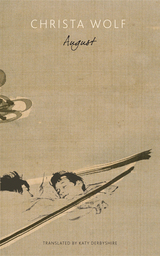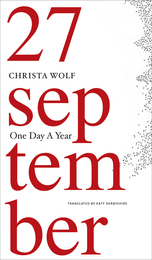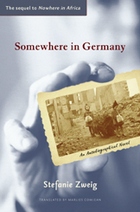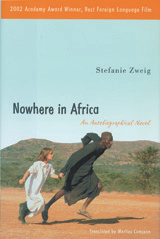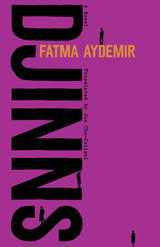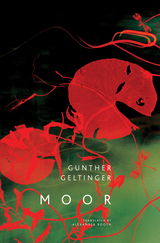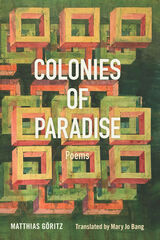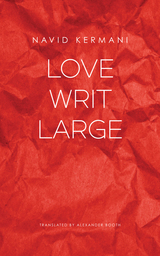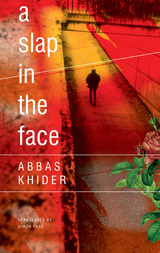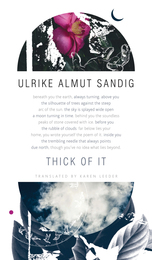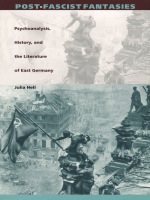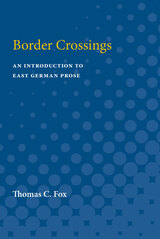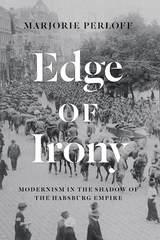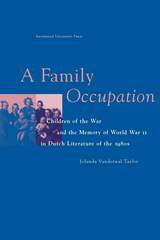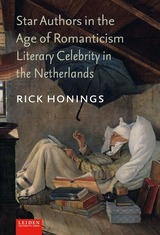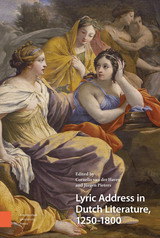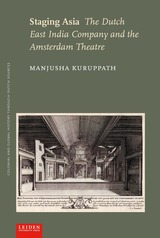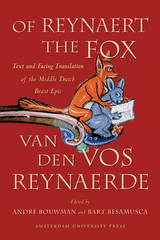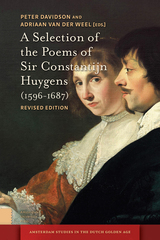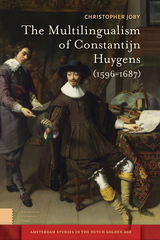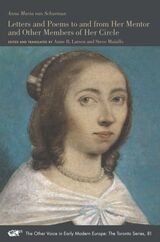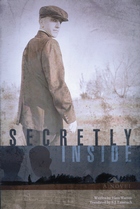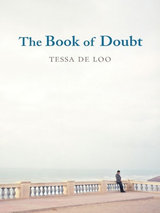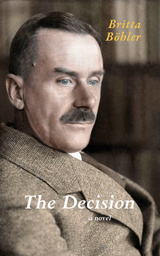Literary Intellectuals and the Dissolution of the State: Professionalism and Conformity in the GDR
University of Chicago Press, 1996
Paper: 978-0-226-86498-3 | Cloth: 978-0-226-86497-6
Library of Congress Classification PT3707.V66 1996
Dewey Decimal Classification 830.99431
Paper: 978-0-226-86498-3 | Cloth: 978-0-226-86497-6
Library of Congress Classification PT3707.V66 1996
Dewey Decimal Classification 830.99431
ABOUT THIS BOOK | TOC
ABOUT THIS BOOK
For two generations, writers in the German Democratic Republic enjoyed a massive audience in their own country, a readership dependent on their works for a measure of utopian solace amid the grimness of life under Communism. But after the fall of the Berlin Wall, these writers were abandoned by their readers and stripped of the professional structures that had supported them. Their literary culture destroyed, they were rebuked for compliant service to the discredited state; and some were reviled for collaborating with the East German secret police, the Stasi.
What drove leading thinkers, including those of the avant-garde who publicly embraced intellectual freedom, to serve as government informants? Why were they content to work within a repressive system rather than challenging it outright? This collection of interviews with more than two dozen writers and literary scholars, including several Stasi informants, provides a gripping, often dismaying picture of the motivations, compromises, and illusions of East German intellectual life.
In conversations with Robert von Hallberg, writers such as best-selling novelist Hermann Kant, playwright Christoph Hein, and avant-garde poet-publisher Sascha Anderson talk about their lives and work before the fall of the wall in 1989—about the constraints and privileges of Communist Party membership, experiences of government censorship and self-censorship, and relations with their readers. They reflect on why the possibilities of opposition to the state seemed so limited, and on how they might have found ways to resist more aggressively. Turning to the controversies that have emerged since reunification, including the Stasi scandals involving Anderson and Christa Wolf, they discuss their feelings of complicity and the need for further self-examination. Two interviews with Anderson—one conducted before he was exposed as a Stasi collaborator and one conducted afterward—offer unique insight into the double life led by many writers and scholars in the German Democratic Republic.
What drove leading thinkers, including those of the avant-garde who publicly embraced intellectual freedom, to serve as government informants? Why were they content to work within a repressive system rather than challenging it outright? This collection of interviews with more than two dozen writers and literary scholars, including several Stasi informants, provides a gripping, often dismaying picture of the motivations, compromises, and illusions of East German intellectual life.
In conversations with Robert von Hallberg, writers such as best-selling novelist Hermann Kant, playwright Christoph Hein, and avant-garde poet-publisher Sascha Anderson talk about their lives and work before the fall of the wall in 1989—about the constraints and privileges of Communist Party membership, experiences of government censorship and self-censorship, and relations with their readers. They reflect on why the possibilities of opposition to the state seemed so limited, and on how they might have found ways to resist more aggressively. Turning to the controversies that have emerged since reunification, including the Stasi scandals involving Anderson and Christa Wolf, they discuss their feelings of complicity and the need for further self-examination. Two interviews with Anderson—one conducted before he was exposed as a Stasi collaborator and one conducted afterward—offer unique insight into the double life led by many writers and scholars in the German Democratic Republic.
See other books on: Authors, German | German | Germany (East) | Intellectuals | Unification, 1990
See other titles from University of Chicago Press

